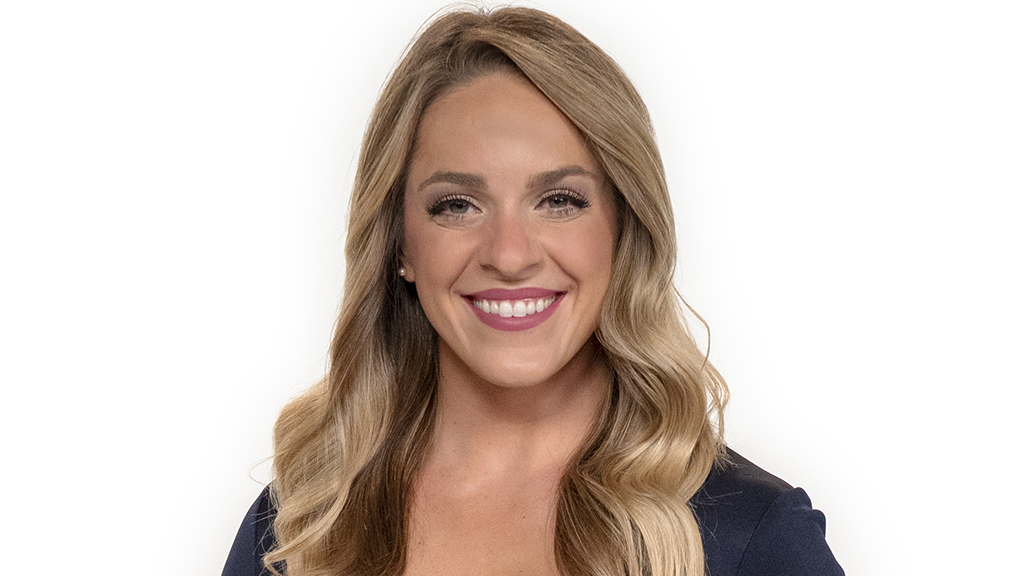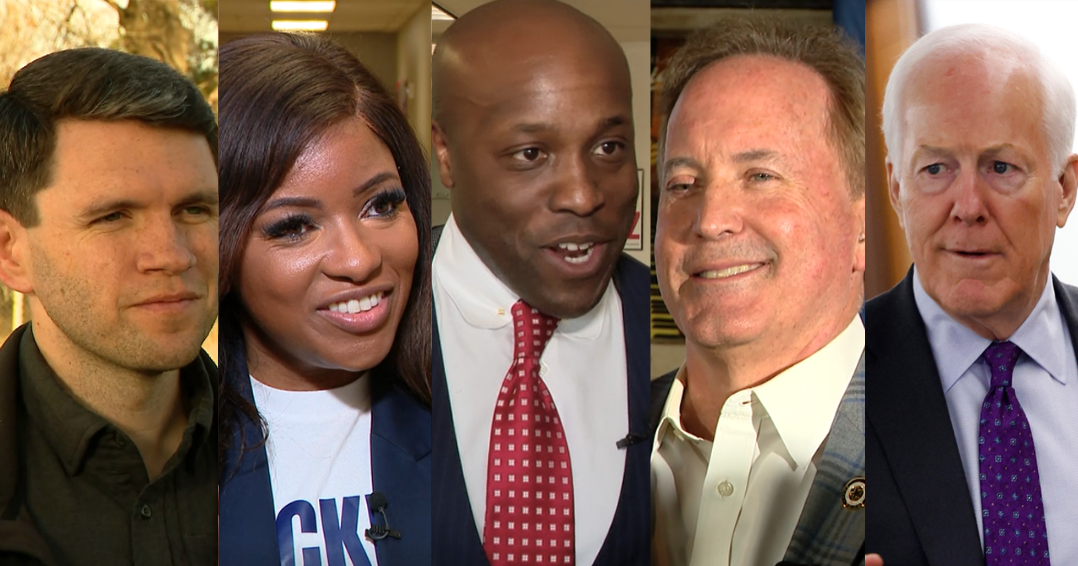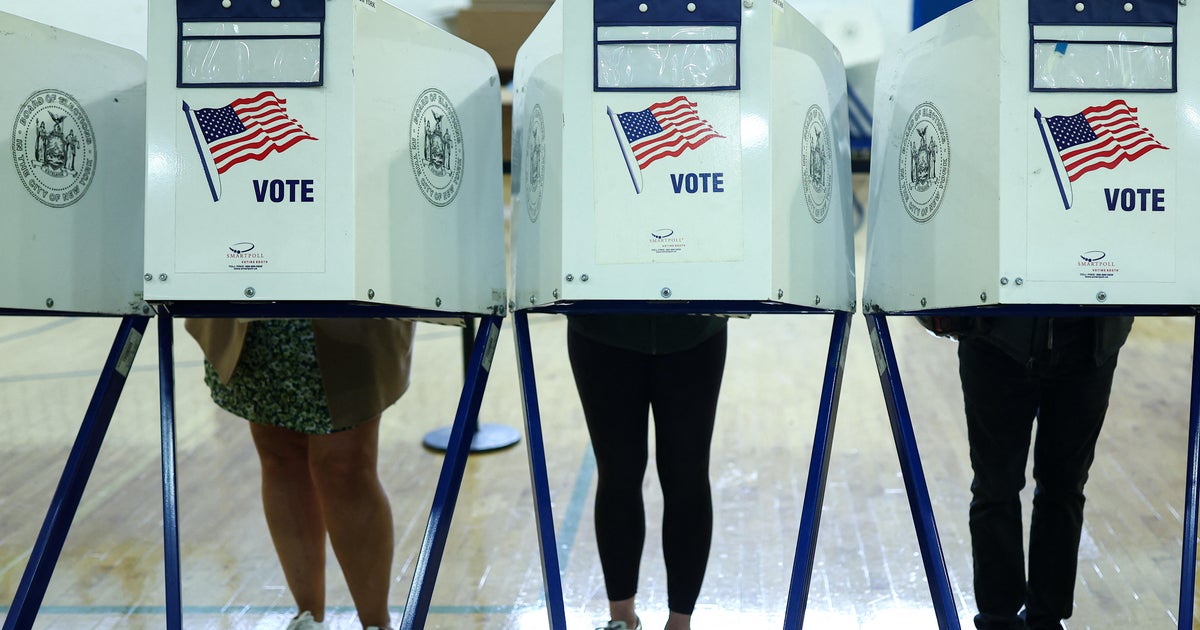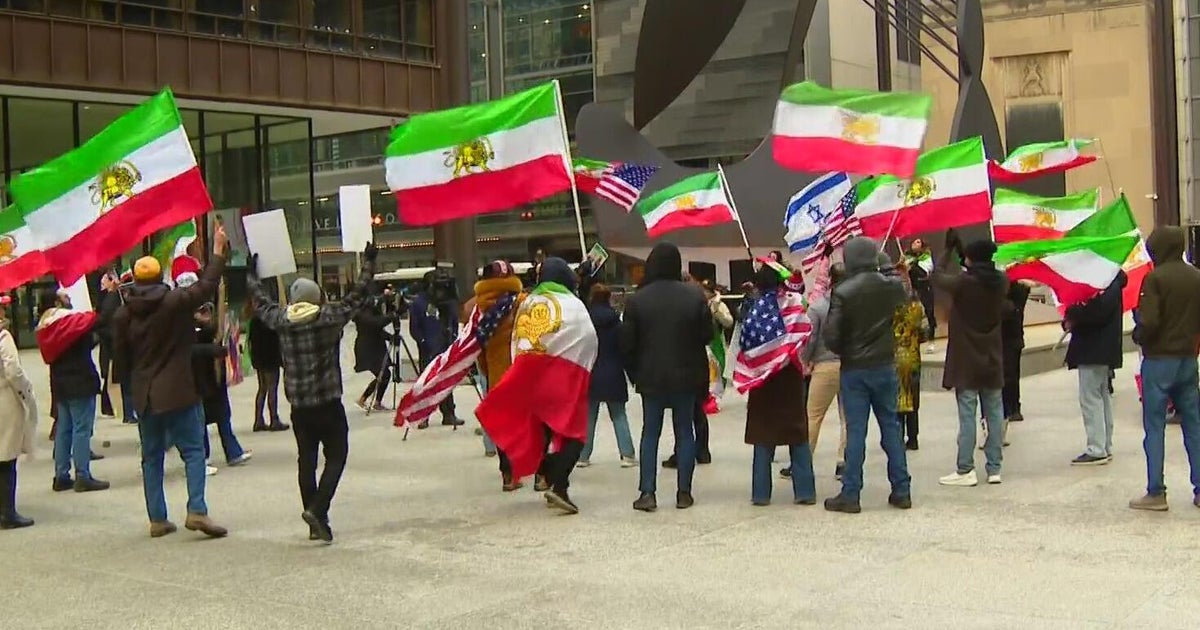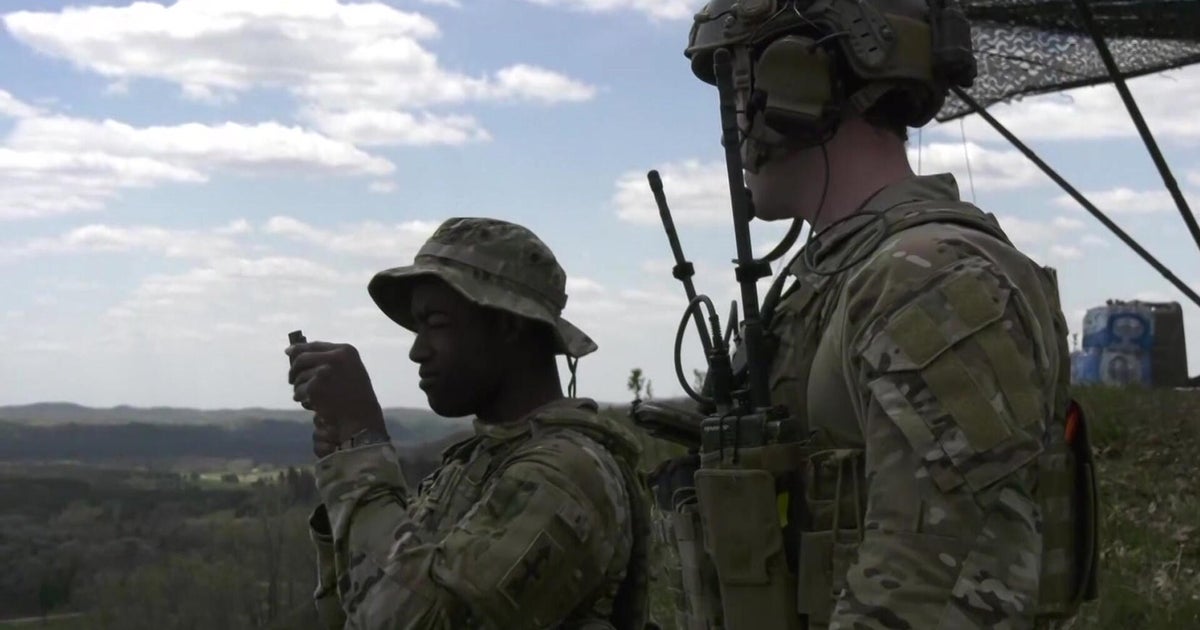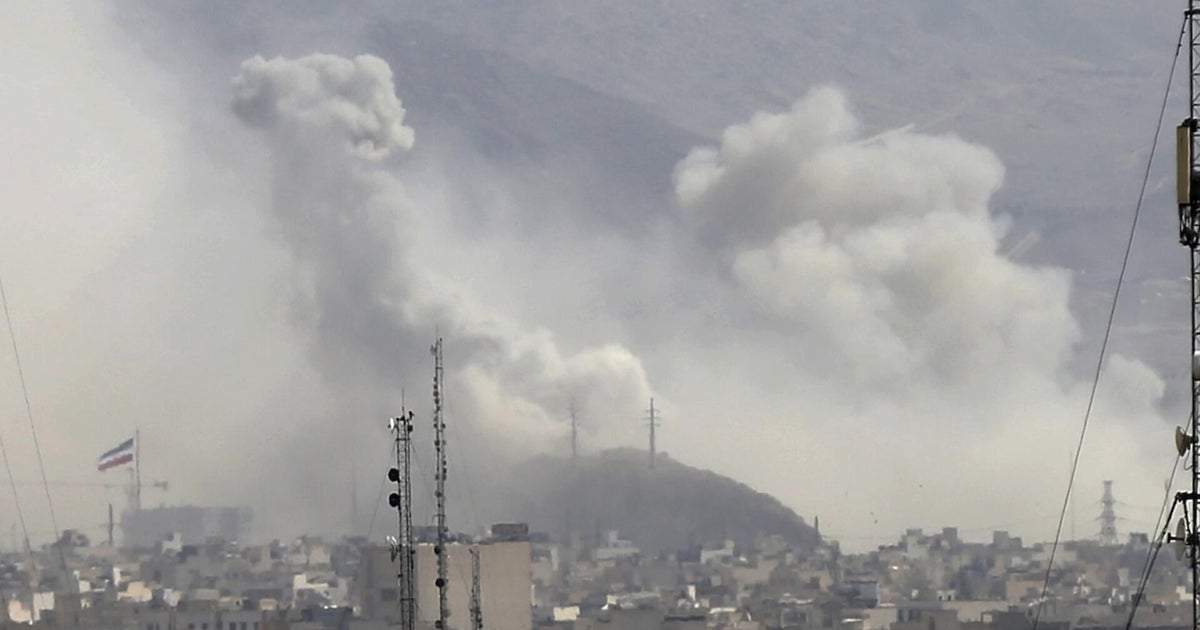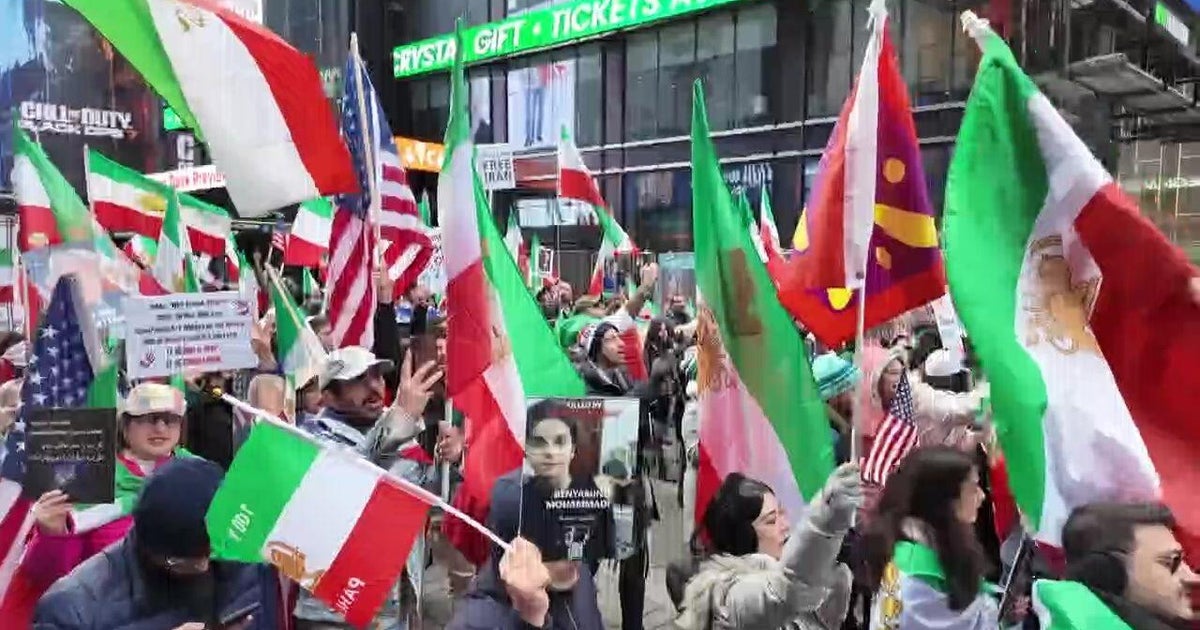Young Boston voters weigh in on presidential race ahead of debate
BOSTON - A new New York Times-Siena College poll shows Donald Trump and Kamala Harris polling neck and neck for the presidency, a change following a Harris surge when she first became the nominee.
In particular, the poll shows lukewarm support for Harris among the youngest voters, those 18 to 29. "If you look over the last few election cycles, young voters have been a key voting block for Democratic candidates," explained St. Anselm College political science professor Chris Galdieri. "Not just Joe Biden in 2020, but for Democratic candidates in the 2018 and 2022 midterms. So, I think the challenge for the Harris campaign is, can you continue that enthusiasm? Can you reach those voters and get them to do what they've done in the last few cycles?"
Ahead of the first Harris-Trump debate, WBZ spoke with college students in Boston about their plans this November.
Spectrum of enthusiasm among young voters
The large majority told WBZ they plan to vote for Kamala Harris, with one student saying he planned to vote for Donald Trump and a handful of others who were undecided.
And yet – there was a spectrum of enthusiasm among the young voters. "I feel pretty excited I would say," Northeastern freshman Lucy Richardson said. "I feel like I think we need a female president."
"I am just super excited to have a female president," second year student Jordan Hedges agreed. "It's time… I'm ready."
However, many other students felt lukewarm about casting their ballot on November 5.
"I will say I like that I'm voting for Harris more than Biden now but I'm just not excited about our options. I'm not feeling great about it," said second year Northeastern student Sophie. "It feels like a choice I get the better of two evils."
When asked why, she elaborated that she's disappointed in Kamala Harris's stance on the Israel-Palestine conflict. "It's getting better but at the same time…I'm pro-Palestine and it's not looking great right now," Sophie said.
This statement was echoed by several other students, who voiced it as a reason they were reluctantly voting for Harris. "I'm just very anti-Trump which is the main reason I'm voting for her," said graduate student Lauren Robles. "The whole genocide thing is definitely a kicker, but there's not a lot of really great options," she added.
"I feel like my generation is becoming more and more bold and saying like, 'we don't want to settle for things,'" explained political science student Geneva Palmer. When asked if "not settling" meant not voting, she said some students felt that way – though she plans to vote. "Politics is always going to be about compromising, unfortunately it's kind of hard to see a future if we aren't willing to make some concessions," she explained.
"I think a lot of students feel like they are not happy with either candidate which I can agree with, but I think like also, we still have our duty to vote," said second year Northeastern student Jacob Wojtowicz. The business and finance major plans to vote for Donald Trump for economic reasons. "I think there's ups and downs, but when it comes to where our economy is going… I'd say, I lean more financially conservative."
Young voters look for highlights on social media
WBZ also asked the students if they plan to watch the first debate between Trump and Harris as it airs live on television Tuesday night. Most said they would not watch live, instead looking for "the highlights" on social media.
The New York Times poll also revealed that social media is the number one single source for political news among voters with 19% using social media, trailed by network television and Fox News at 12% and 11% respectively.
The candidates and their campaigns have taken notice, becoming active on platforms like TikTok. The Harris campaign also began livestreaming their events in vertical video form to be more compatible for a cellphone audience.
"I think, for a lot of younger folks, the main impact is not going to be from the debate itself, but from the aftermath of the debate," Professor Galdieri told WBZ. "I think if the campaigns are smart, they will be working to get their spin of the debate – their best clips, their best moments from the debate on places like TikTok and Instagram and other places where you can find young voters."
The debate starts at 9 p.m. eastern time on Tuesday, September 10.
